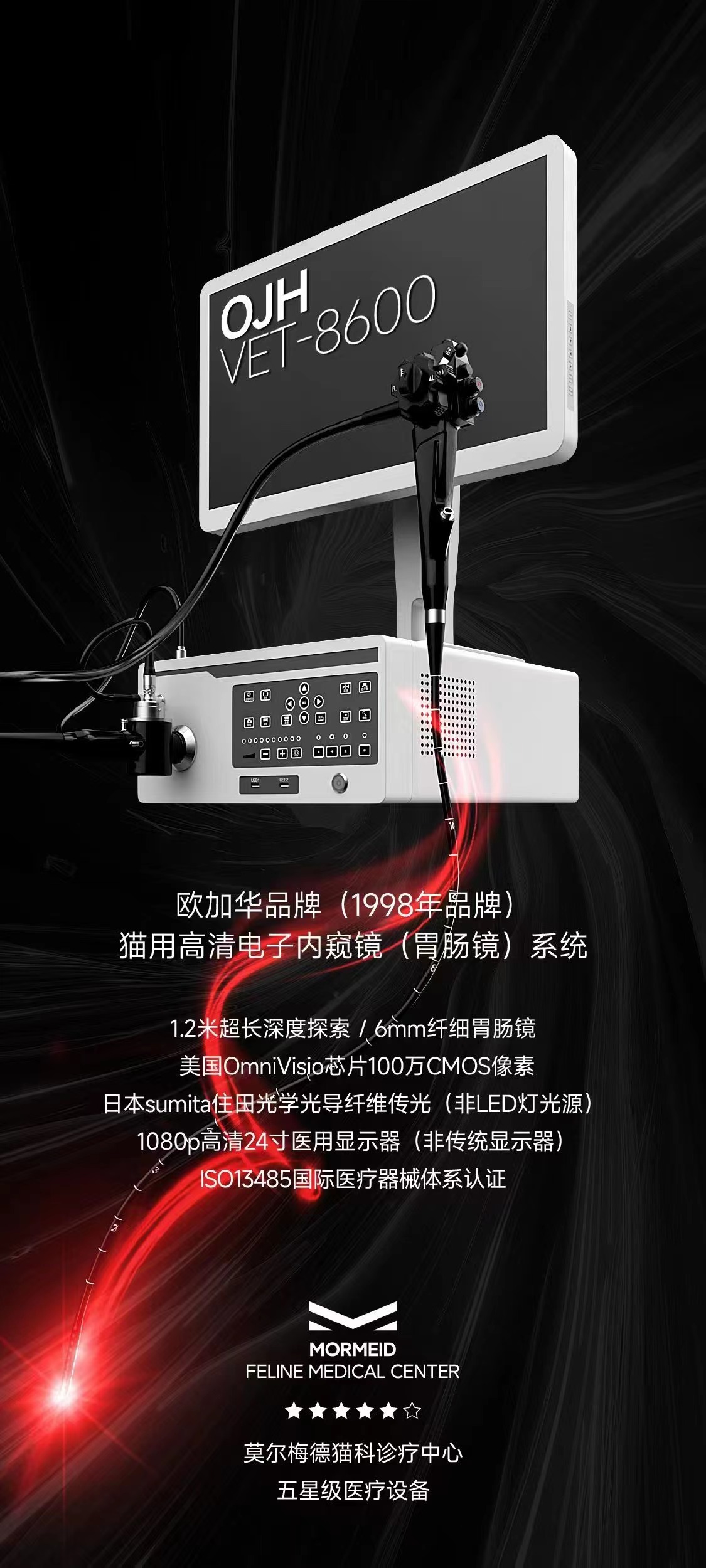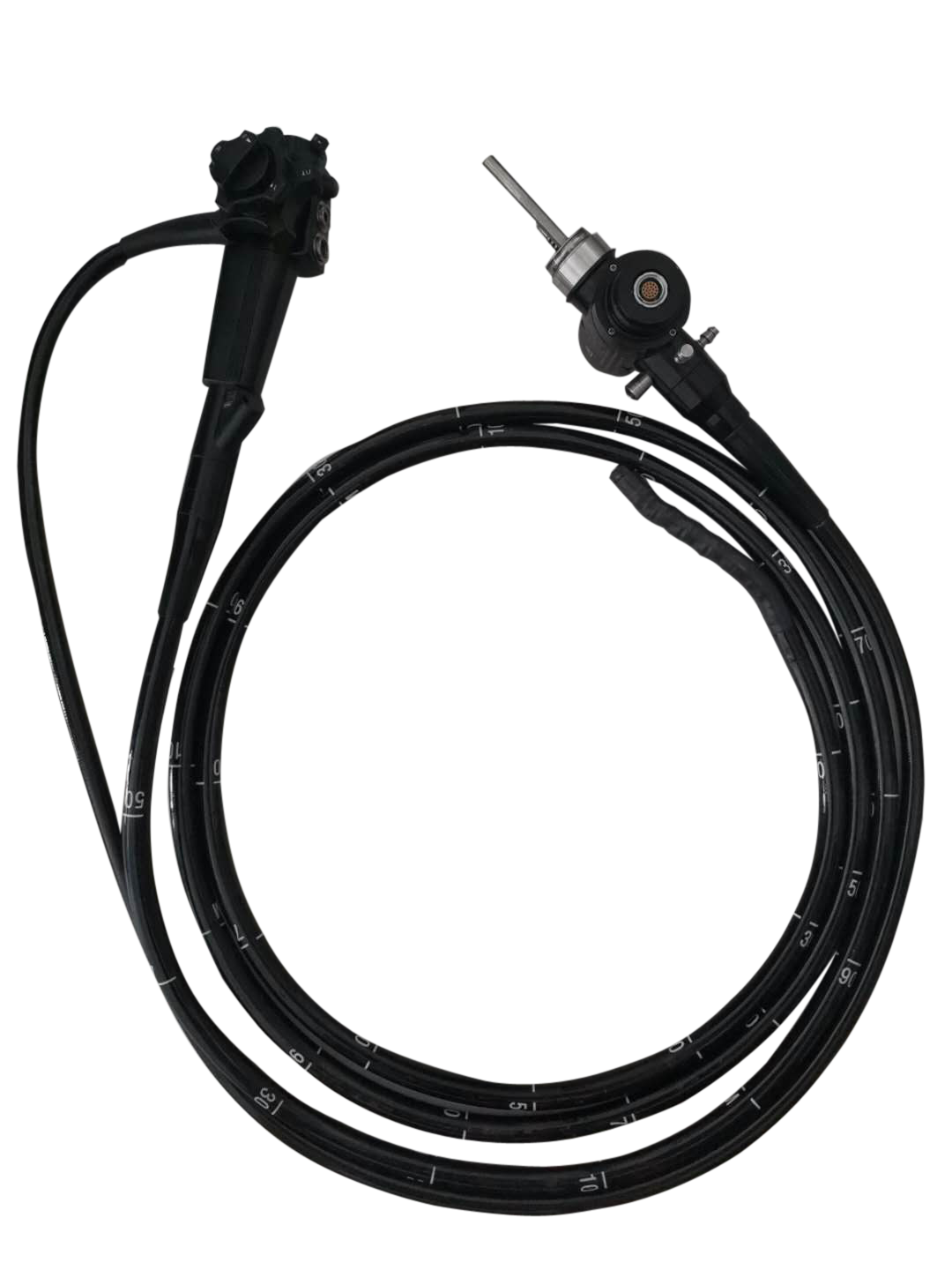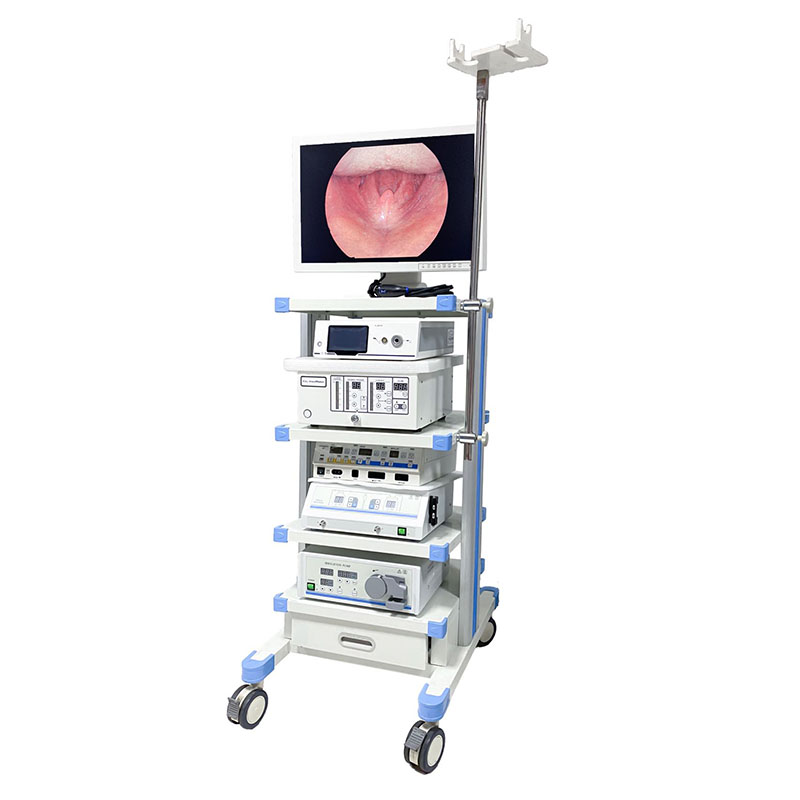In the field of medicine, continually advancing technology has paved the way for unprecedented breakthroughs. One such innovation that has significantly impacted healthcare is endoscopy. Endoscopy allows physicians to gain a clear view of the internal organs and structures of the human body, aiding in the diagnosis, treatment, and prevention of various medical conditions. This article will explore the diverse role of endoscopy, highlighting its key benefits and the specific areas of medicine that rely on its use.
Understanding the Basics of Endoscopy:
Endoscopy is a minimally invasive medical procedure that involves the insertion of a flexible tube called an endoscope into the body, typically through natural orifices or small surgical incisions. Equipped with a high-resolution camera and a light source, the endoscope provides real-time visuals that enable physicians to visually examine the internal organs and tissues of the human body. The images captured by the endoscope can be displayed on a monitor, allowing for accurate observation and analysis.
Diagnostic Applications of Endoscopy:
One of the primary roles of endoscopy is in the diagnosis of various medical conditions. Gastrointestinal endoscopy enables the examination of the esophagus, stomach, and intestines, aiding in the detection and evaluation of conditions such as gastritis, ulcers, polyps, and even certain types of cancer. Additionally, bronchoscopy allows for the evaluation of the airways in the lungs, helping diagnose conditions like lung cancer, infections, or lung diseases.
Therapeutic Applications of Endoscopy:
Endoscopy not only facilitates diagnosis but also plays a vital role in therapeutic procedures. Through endoscopy, tissue samples can be collected for biopsy, aiding in the early detection of cancerous cells. Furthermore, in cases of gastrointestinal bleeding or polyps, endoscopic techniques such as cauterization or removal can be performed, preventing the need for invasive surgeries. Endoscopy is also employed in the placement of stents to alleviate obstructions in the esophagus, bile ducts, or blood vessels.
The Importance of Endoscopic Screening:
Beyond diagnosis and treatment, endoscopy plays a crucial role in preventive medicine. Screening procedures like colonoscopy and gastroscopy allow for the early detection of colorectal or gastric cancers, respectively. By catching these diseases in their early stages, physicians can intervene promptly, leading to better treatment outcomes and improved patient survival rates.
Endoscopy and Surgical Guidance:
Endoscopy is not limited to non-surgical procedures alone; it also assists surgeons during various surgical interventions. Laparoscopic surgery, or keyhole surgery, utilizes endoscopy to visualize the abdominal cavity, reducing the need for large incisions and resulting in quicker recovery times for patients. The use of endoscopy in surgical procedures has revolutionized the medical landscape, allowing for greater precision and reduced post-operative complications.
The role of endoscopy in modern medicine cannot be overstated. From its diagnostic capabilities to its therapeutic and surgical applications, endoscopy has revolutionized medical practice, ultimately benefiting patients. With its precise imaging technology and minimally invasive nature, endoscopy ensures accurate diagnoses, facilitates targeted treatments, and enables earlier detection of life-threatening conditions. As technology further advances, endoscopy is poised to continue pushing the boundaries of medical innovation, enhancing patient care, and improving overall health outcomes.


Post time: Jul-28-2023

